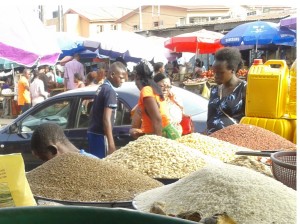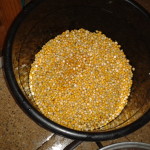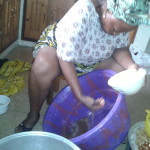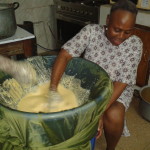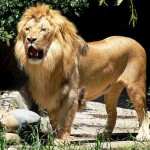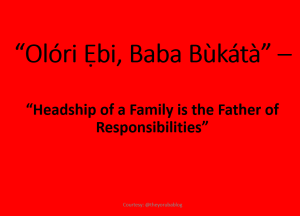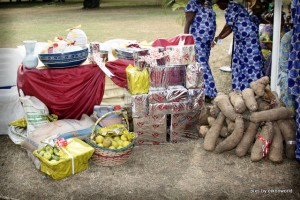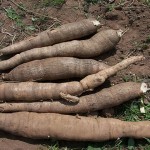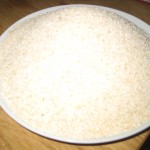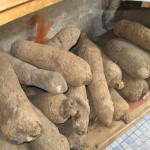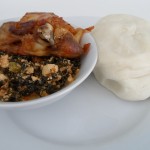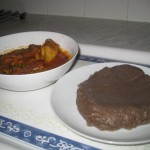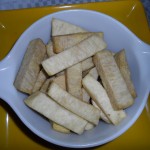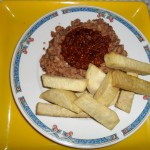Àgbàdo ni wọn fi nṣe Ògì. Ògì ni wọn fi nṣe Ẹ̀kọ́. Ògì ṣí ṣe fẹ ìmọ́ tótó, nitori eyi, lai si omi, Ògì kò lè ṣe é ṣe. Ọkà oriṣiriṣi ló wà ṣùgbọ́n, Ọkà Àgbàdo àti Bàbà ni wọn mọ̀ jù lati fi ṣe Ògì funfun tàbi pupa. A lè lọ àgbàdo funfun àti pupa pọ̀, ẹlòmiràn lè lọ ẹ̀wà Sóyà pẹ̀lú gẹ́gẹ́ bi àpẹrẹ àwòrán ojú iwé yi
Ṣí ṣe Ògì
- Rẹ Àgbàdo nikan
- Yọ ẹ̀gbin bi ò̀kúta kúrò – Clean the soaked Corn before sending it to the Mill. Courtesy: theyorubablog
- Si sẹ́ Àgbàdo lẹhin li lọ – Sifting the Corn after grinding. Courtesy: @theyorubablog
Ra Àgbàdo lọ́jà
Da Àgbàdo rẹ fún ọjọ́ mẹta ninú omi tútù tàbi omi gbi gbóná
Ṣọn Àgbàdo kúrò ninú omi lati yọ ẹ̀gbin bi ò̀kúta kúrò
Gbe lọ si Ẹ̀rọ fún li lọ̀ tàbi gun pẹ̀lú odó lati lọ ọ.
Sẹ́ Ògì pẹ̀lú asẹ́ aláṣọ tàbi asẹ́ igbàlódé
Bẹ̀rẹ̀ si yọ omi ori Ògì si sẹ bi ó bá ti tòrò
Pààrọ̀ omi ori rẹ fún ìtọ́jú rẹ fún ji jẹ tàbi
Da Ògì sinú àpò ki ó lè gbẹ fún ìtọ́jú
ENGLISH TRANSLATION Continue reading
Originally posted 2015-07-17 23:46:06. Republished by Blog Post Promoter


